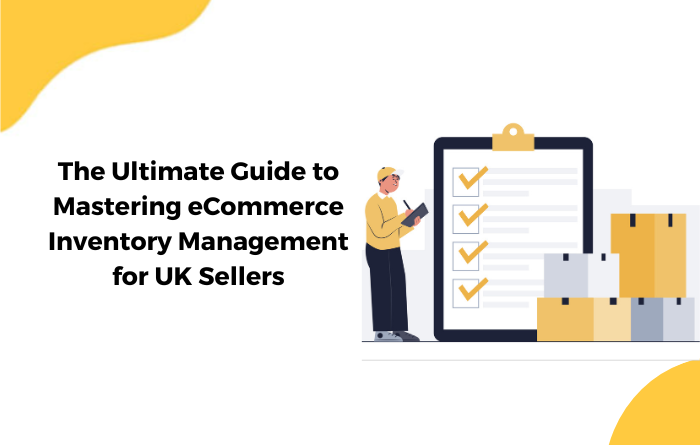
Essential Cash Flow Management Tips for Amazon FBA Sellers
Did you know that an astounding 82% of businesses close due to cash flow issues? Cash flow is often overlooked

Greetings, fellow eCommerce enthusiasts! Are you an ambitious European brand eager to tap into the thriving UK market? You’ve come to the right place! This comprehensive guide will provide you with essential insights into tax implications, logistics, and other critical factors to make your expansion into the UK seamless and successful. Get ready to conquer the British Isles with the help of Guide Hustle, your trusted eCommerce accountants, as we navigate the complexities of selling in the UK market.
Expanding your EU eCommerce business into the UK market can be a lucrative and rewarding endeavour, but it requires careful planning and consideration of tax, logistics, and operational factors. With the right strategy and expert guidance from Guide Hustle, your trusted eCommerce accountants, you can successfully navigate the complexities of the UK market and establish a thriving presence on the British Isles.
As you embark on this exciting journey, remember to focus on localisation, compliance with UK regulations, and efficient logistics management. By doing so, you’ll not only build a strong foundation for growth in the UK but also enhance your brand’s reputation and customer loyalty.
Don’t let the challenges of expanding into the UK market hold you back – with determination, adaptability, and a little help from the experts at Guide Hustle, your eCommerce brand can flourish and reach new heights in this thriving and diverse market.
To learn more about how Guide Hustle can assist your EU eCommerce brand in its expansion into the UK, or if you have any questions or concerns about the process, don’t hesitate to get in touch with our team of experienced eCommerce accountants. We’re here to help make your transition into the UK market as smooth and successful as possible.
Are you ready to take your EU eCommerce business to the next level in the UK market? Reach out to Guide Hustle today and book in a call using the Calendly box below!
Related Posts

Did you know that an astounding 82% of businesses close due to cash flow issues? Cash flow is often overlooked

Grasping eCommerce inventory management basics 🎢 Managing inventory effectively is the backbone of any thriving eCommerce business. But it’s not

Unlock the secrets of taking your 6-8 figure eCommerce business across the pond with our comprehensive guide and expert advice
©2023. All Rights Reserved by Guide Hustle